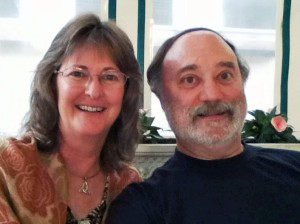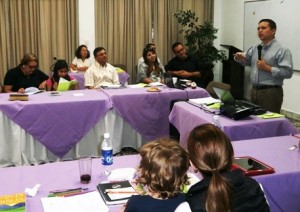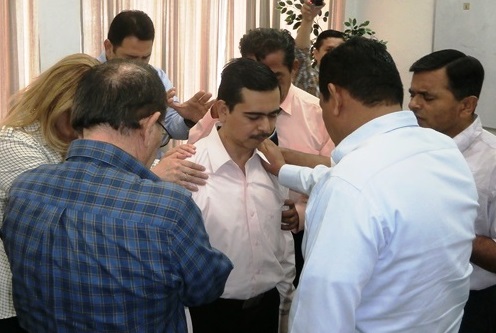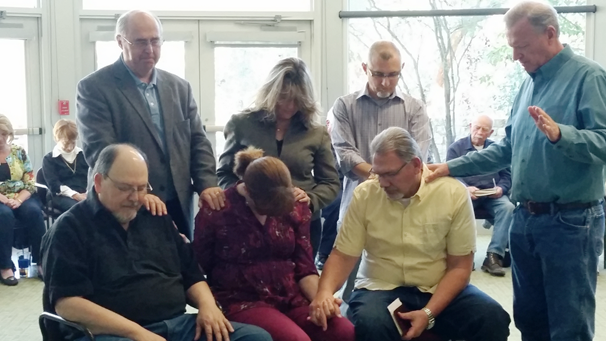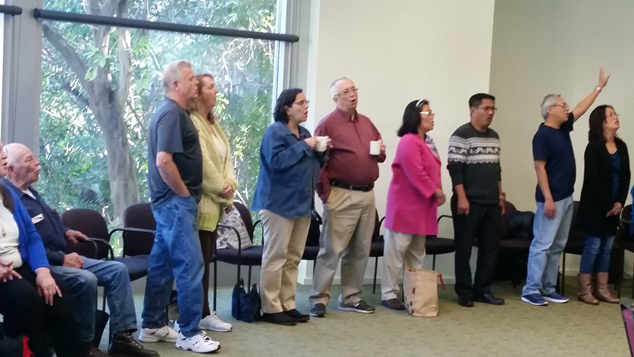Dear Brothers and Sisters in Christ,
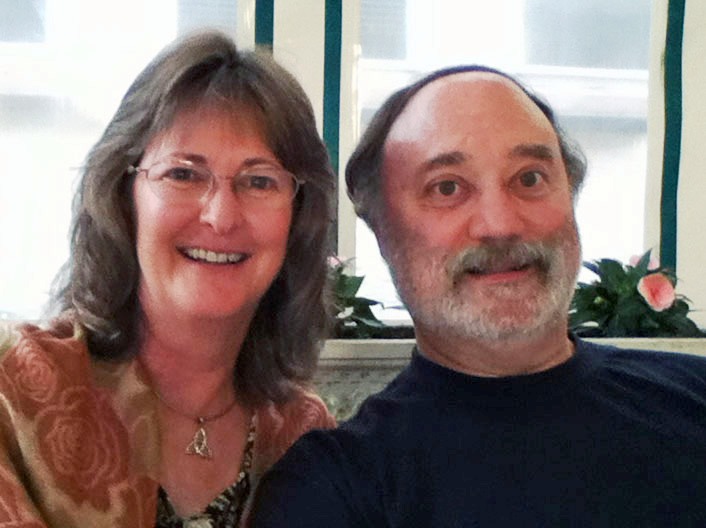 A few weeks ago, while listening to Billy Joel’s song, “New York State of Mind,” I was scanning the news online. Coincidentally, my eyes fell on an article explaining that the state of New York had recently passed a law making it illegal to pierce or tattoo pet animals. It amused me to learn that a law like this is needed. Apparently the practice has become a trend. I doubt many New Yorkers took note of the passage of this law since it was only one among many recently enacted in the state.
A few weeks ago, while listening to Billy Joel’s song, “New York State of Mind,” I was scanning the news online. Coincidentally, my eyes fell on an article explaining that the state of New York had recently passed a law making it illegal to pierce or tattoo pet animals. It amused me to learn that a law like this is needed. Apparently the practice has become a trend. I doubt many New Yorkers took note of the passage of this law since it was only one among many recently enacted in the state.
By their very nature, governments (local, state and federal) have legalistic tendencies. They certainly enact a lot of laws! For the most part, they do so seeking to make the world a better place. But some laws are needed simply because people lack common sense. Whatever the reason, CNN reported that within the U.S. in 2014, 40,000 new laws were enacted at the state level.
 Why so many laws? Largely because we humans, with our bent toward sin, find loopholes in existing laws. As a result, more and more laws are needed. Few would be necessary if laws were capable of making people perfect. But they aren’t. The purpose of law is to restrain imperfect people in order to promote social order and harmony.
Why so many laws? Largely because we humans, with our bent toward sin, find loopholes in existing laws. As a result, more and more laws are needed. Few would be necessary if laws were capable of making people perfect. But they aren’t. The purpose of law is to restrain imperfect people in order to promote social order and harmony.
In his letter to the churches in Rome, Paul wrote about the limitations of the law that God gave to Israel through Moses: “For what the law was powerless to do because it was weakened by the flesh, God did by sending his own Son in the likeness of sinful flesh to be a sin offering. And so he condemned sin in the flesh…” (Romans 8:3). Not understanding these limitations, Israel’s religious leaders added bylaws and amendments to the law of Moses. It got to the point where it was nearly impossible to keep track of these laws, let alone obey them. And no matter how many laws were enacted, perfection was never achieved (and never will be) through law keeping. And that was exactly Paul’s point. God did not give the law to make his people perfect (righteous and holy). Only God, by grace, does that.
When I contrast law and grace, some accuse me of hating God’s law and encouraging antinomianism (the belief that one is released by grace from the obligation of observing the moral law). But nothing is further from the truth. Like anyone, I wish people were better law-keepers. Who wants lawlessness to abound? But as Paul reminds us, it’s vital to understand what the law can and cannot do.
In his mercy, God gave Israel the law, which includes the Ten Commandments, to guide them along a better path. That’s why Paul said that “the law is holy, and the commandment is holy and righteous and good” (Romans 7:12). But by its very nature, the law is limited. It cannot bring about redemption nor free anyone from guilt and condemnation. The law cannot justify or reconcile us, much less sanctify and glorify us. Only the grace of God through the atoning work of Jesus working in us by the Holy Spirit does that. As Paul wrote to the Galatians: “I do not set aside the grace of God, for if righteousness could be gained through the law, Christ died for nothing!” (Galatians 2:21). Karl Barth made a similar point in a sermon he preached to inmates at a prison in Switzerland:
Let us hear therefore what the Bible says and what we as Christians are called to hear together: By grace you have been saved! No man can say this to himself. Neither can he say it to someone else. This can only be said by God to each one of us. It takes Jesus Christ to make this saying true. It takes the apostles to communicate it. And our gathering here as Christians to spread it among us. This is why it truly [is] news, and very special news, the most exciting news of all, the most helpful thing also, indeed the only helpful thing.
Some people upon hearing the good news (gospel) worry that God’s grace won’t work. Legalists in particular worry that people will turn grace into license. They can’t grasp the truth revealed in Jesus that our lives are about relationship with God—co-ministering with him rather than usurping his role as Creator and Savior.
Our role in living and sharing the gospel is to proclaim God’s love and to be an example of gratitude for God’s self-revelation and intervention in our lives. Karl Barth wrote in Church Dogmatics that this obedience to God begins in the form of gratitude: “Grace evokes gratitude like the voice of an echo. Gratitude follows grace like thunder lightning.” Barth commented further:
When God loves, revealing His inmost being in the fact that He loves and therefore seeks and creates fellowship, this being and doing is divine and distinct from all other loving to the extent that the love of God is grace. Grace is the distinctive mode of God’s being in so far as it seeks and creates fellowship by its own free inclination and favor, unconditioned by any merit or claim in the beloved, but also unhindered by any unworthiness or opposition in the latter—able, on the contrary, to overcome all unworthiness and opposition. It is in this distinctive characteristic that we recognize the divinity of God’s love.
I imagine your experience is not that different from mine when it comes to the topic of law and grace. Like you, I’d much rather have a relationship with someone that flows from love than one compelled by law. Because of God’s love and grace toward us, we desire to love and please him. Sure, I can seek to obey him out of a sense of duty, but I’d rather co-minister with him as the outflow of a genuine relationship of love.
Thinking about living by grace reminds me of another Billy Joel song, “Keeping the Faith.” Though not theologically precise, its chorus makes an important proclamation:
When the memory stays, yeah
I’m keeping the faith
Yeah, yeah, yeah, yeah
Keeping the faith
I’m keeping the faith,
Yes I am
Living by grace and keeping the faith with you,
Joseph Tkach
PS: Anthony Mullins and Mike Rasmussen shared with me a video of a performance by Kyle Brownell of a piece of “slam poetry.” He performed this at our CrossWalk Camp in Oklahoma. It’s called “Saved By Grace” and the lyrics declare the good news in a profound and personal way. Watch and enjoy on YouTube at https://www.youtube.com/watch?v=6pxgCEKE51c&feature=youtu.be.


